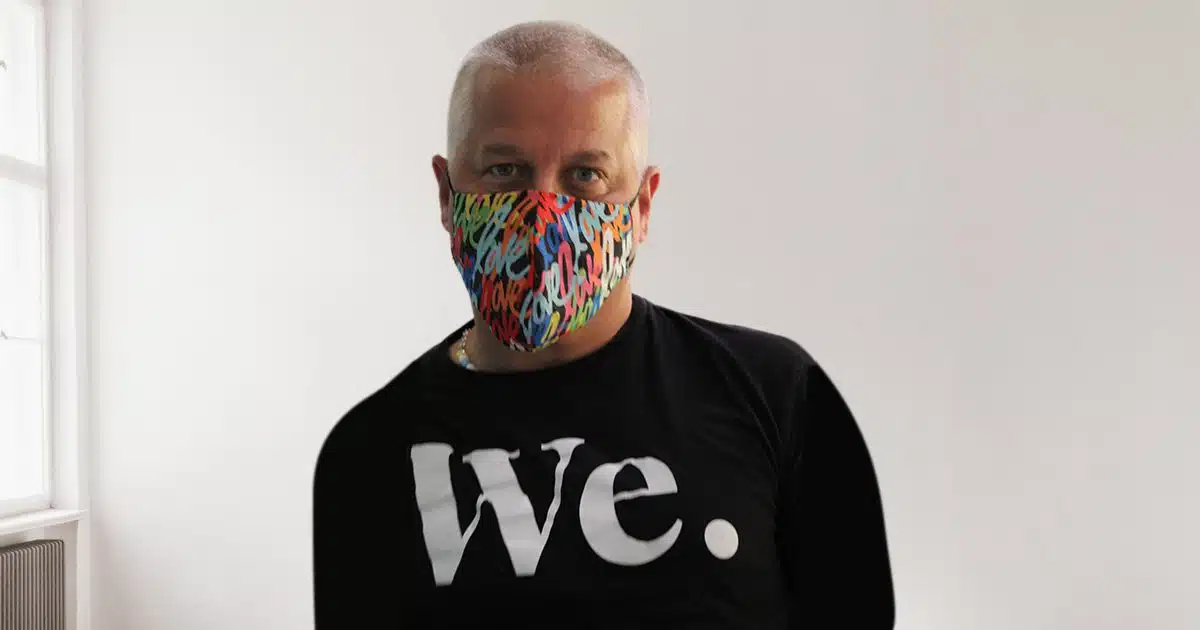
It’s Mental Health Awareness Month!
In today’s fast-paced educational environment, mental health is no longer just a personal issue, it’s a professional priority.

I have dedicated my life to empowering others, creating and leading teams, all with the goal of achieving special results and having positive impact on others. As a leader who chooses to live by learning in leadership, I have just recently begun to examine the depths of who I am and why I have made certain decisions, personal and professional, and at the heart and epicenter of all my introspections is EGO.
Everyone needs accountability, especially the gifted leaders who think they don’t. Leaders need a healthy ego. When reading the book, “Ego is the Enemy,” by Ryan Holiday, I got a ton of insight into the problem and solutions.
Early in our careers, ego impedes learning and the cultivation of talent. With success, it can blind us to our faults and sow future problems. In failure, it magnifies each blow and makes recovery more difficult. At every stage, ego holds us back.
“Ego is the Enemy” by Ryan Holiday
So how do you reverse that, and do the things you really need to do as a great leader with humility?
Here are 7 suggested rules to follow for a healthy leadership ego:
1. Your reflection in our media-saturated culture is not real. Social media, reality TV, and other self-promotions make us think we are more important than we are. People who are truly successful are “less invested in the story they tell about their own specialness,” Holiday writes. “They are liberated to accomplish the world-changing work they’ve set out to achieve.”
2. Success in one area doesn’t guarantee you will dominate another. The more success you have, the more you think you can do everything else well. The more competitive the industry (sports and politics come to mind), the more you see the false assumption that successful leadership translates across fields. Great leaders pause, assess, and seek wise counsel so they can ensure they have clarity and humility for the new road.
3. Don’t rest on your laurels. You think you’ve made it? That’s a problem. The best leaders never think this. They stay curious, always looking for growth and new possibilities for themselves and their team.
4. Learn from others. From literature to philosophy to history, countless talented people reached the highest levels of power and success by conquering their own egos. The “Ego” book mentions Bill Belichick, Katharine Graham, George Marshall, Jackie Robinson, and Eleanor Roosevelt.
5. Remind yourself of what’s beyond yourself. Here’s a list from Seth Godin.
6. Own your ownership. When your team falls short, ask: what didn’t you do to prepare them?
7. Value pushback. As a leader, I want my people to tell me how they feel and know that I will really listen. One team member attends my keynotes periodically and provides feedback that cuts through the positives to pinpoint little areas for improvement. It’s easy to get comfortable with the feedback you want to hear; make sure you have people who give you the feedback you need to hear. That’s how you get better. Find people like this and keep them near.
6 New habits of leadership. Build habits by trading old ways of thinking and behaving for new ones. These small shifts, over time, create a big impact for leaders who want to achieve a healthy ego.
1. A fearless leader trades defensiveness for curiosity.
2. A fearless leader trades insecurity for authenticity.
3. A fearless leader trades status for legacy.
4. A fearless leader trades entitlement for humility.
5. A fearless leader trades excuses for accountability.
6. A fearless leader trades perfection for productivity.
Immediate Takeaways for All Leaders
Becoming a vital, compassionate leader involves checking your ego. Good leaders think they are all that. Great leaders have the awareness of their true value, and achieve greater results because their ego doesn’t rule them. Use these suggestions to begin establishing a healthy leadership ego.
Inspiration and credit to:

In today’s fast-paced educational environment, mental health is no longer just a personal issue, it’s a professional priority.

At kid-grit, we are huge fans of CASEL (Collaborative for Academic, Social, and Emotional Learning).
